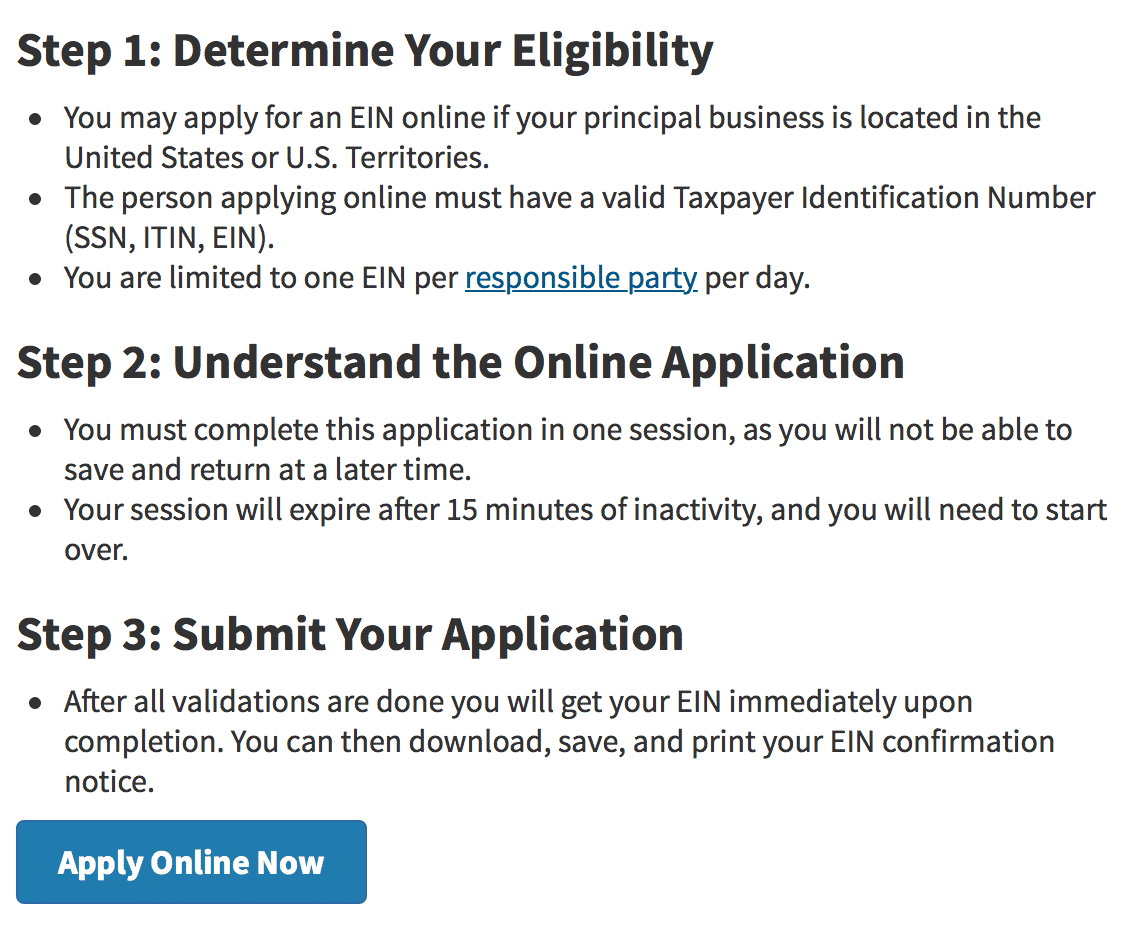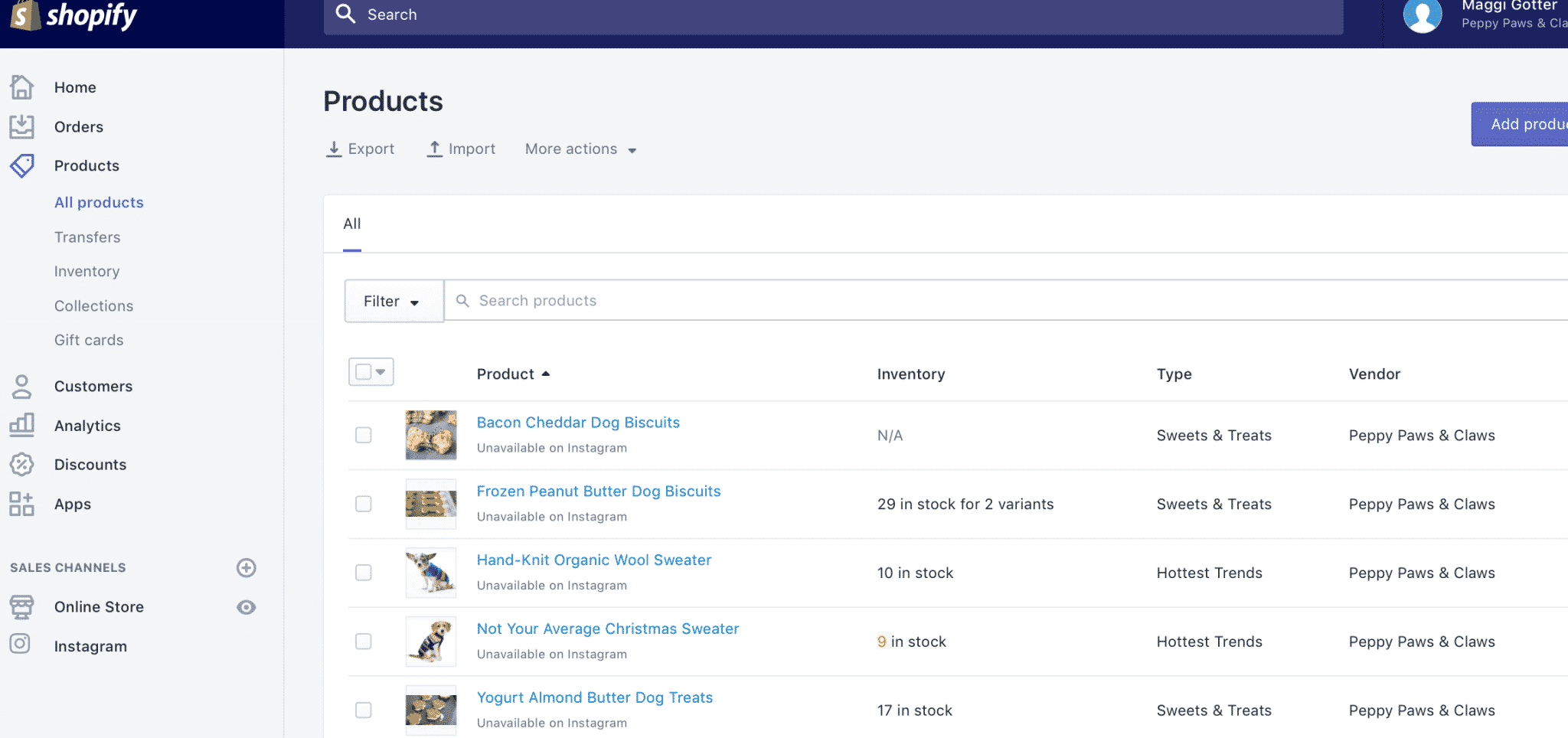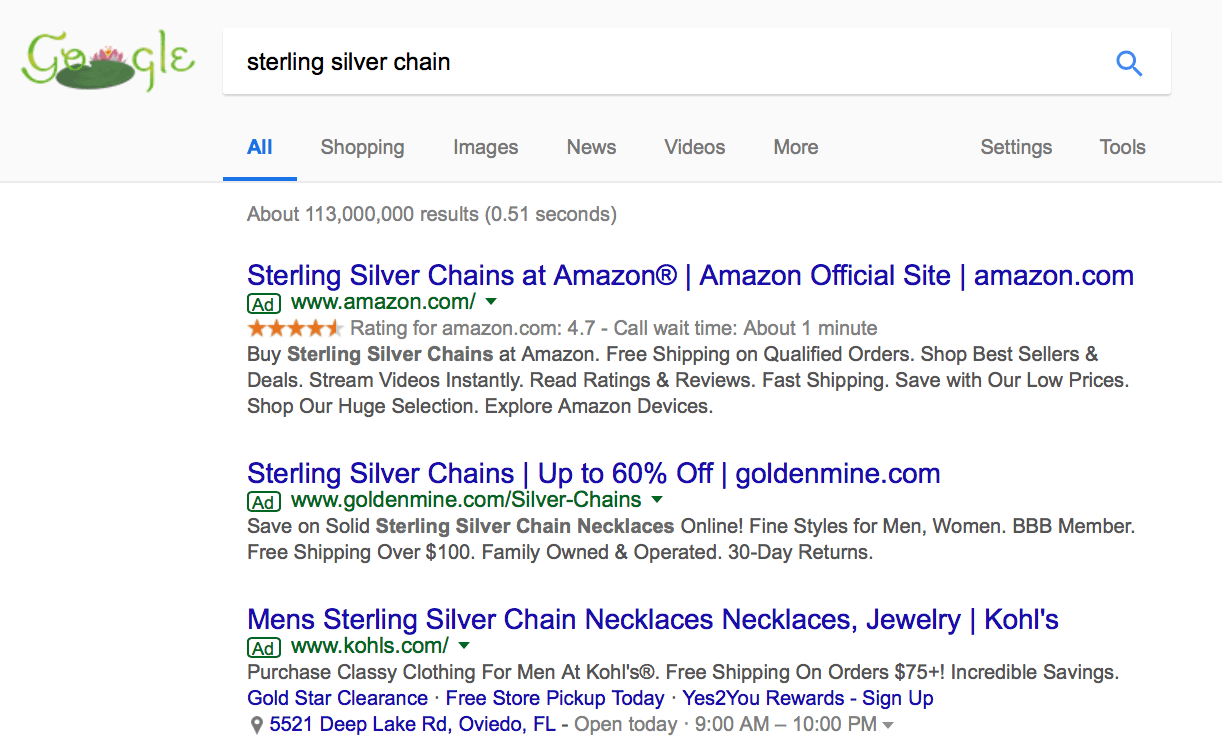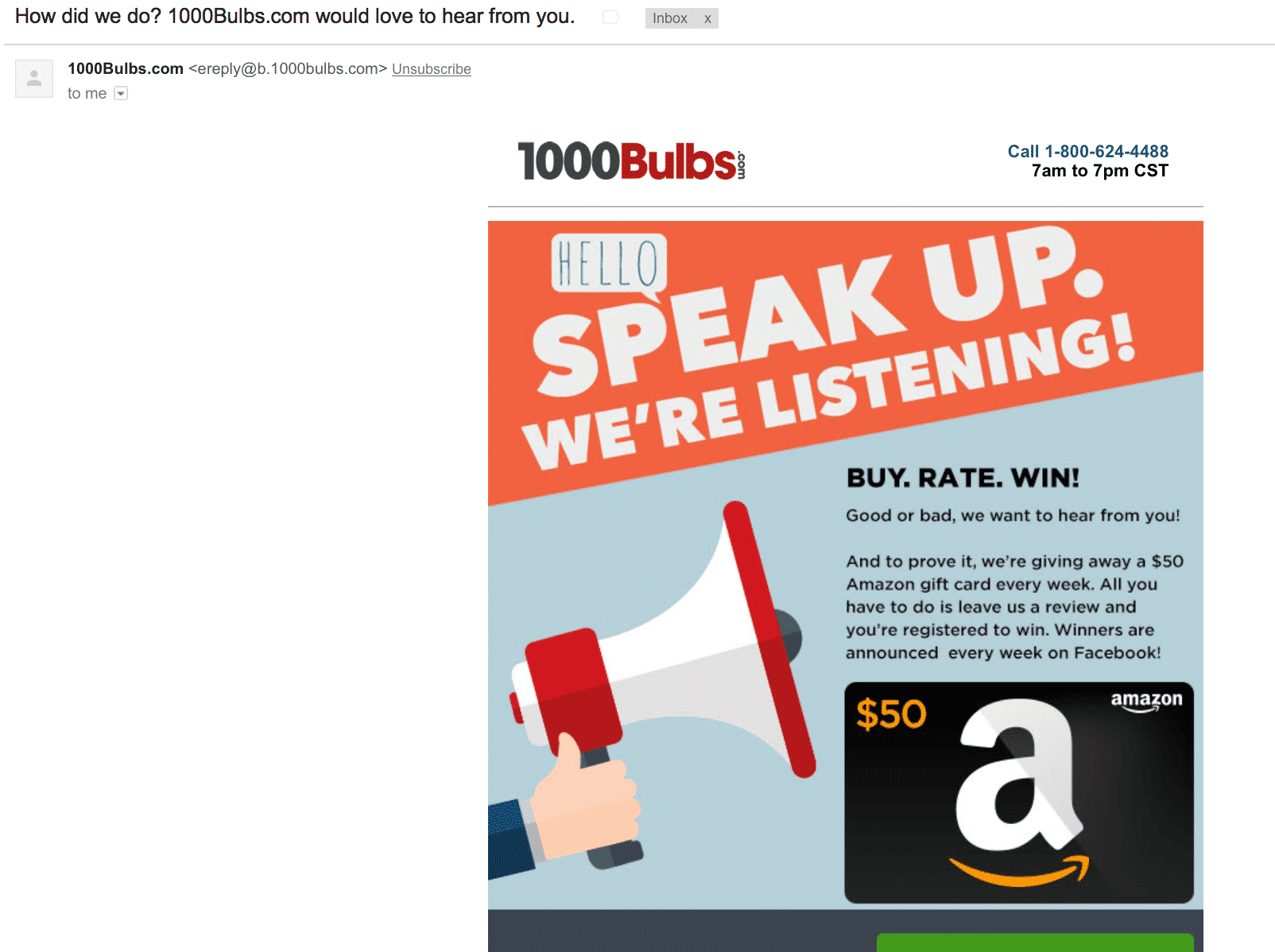Starting Your Ecommerce Business From Scratch, Step by Step
by Ana Gotter • June 22, 2018
More and more people are interested in owning their own businesses. The idea of building something of your own, being set free of a 9-5, and not having to take orders from someone else doesn’t sound all that bad, after all.
The flourishing of the internet has made it possible for more people to start their own businesses and we’ve seen a big rise in ecommerce businesses.
Anyone can start an ecommerce business and nurture it into a success with the right tools, strategies, and product in place. That sounds like a broad statement, but it’s true. The problem is that most people just don’t know where—or how—to start.
In this post, we’re going to take a look at how to start an ecommerce business from scratch and how you can build it from the ground up.
Choose Your Niche
What do you want your ecommerce store to be?
Do you want to offer luxury pet goods? Comic book subscription boxes or collectibles? Custom-made clothes for toddlers?
You need to have a basic idea of what you want to sell before you can make any other decision about your business. Custom-made clothing, for example, won’t work well with a subscription business model and obviously wouldn’t be applicable for drop-shipping models, either.
Ideally, your niche should be something you’re familiar with or can research extensively. The more familiar with the industry you are, the more insight you’ll have to make your ecommerce business a success.
When you’re choosing and researching your niche, there are a few more things you should keep in mind. These include:
- There’s an audience for what you’re doing. Typically, it’s good to see at least a little competition in a market because that means that there are interested buyers.
- You can offer something different. Realistically, can you bring something different to the niche you’re looking at that isn’t already there?
- Having a niche that’s broad enough. Niching down is good. It gives you better focus and is a great way to start to build your brand. If your niche is way too small, however, you could be limiting yourself. Instead of reselling seventeenth-century first edition novels, for example, it might be a good idea to just have “first edition classics” as your focus.
Select a Business Model
“Setting up an ecommerce store” might bring to mind images of having boxes of products on hand in your backroom to ship out, but while that’s one option, it’s not the only one.
There are a number of different business models available for ecommerce businesses. When making your choice, consider what type of product you’re selling and what would work best for what you want to do.
Options include:
- White labeling and manufacturing. If you want to make your own products from scratch and sell them, this is the model for you. You’ll need to take into account extra costs for materials, manufacturing, and inventory management, but it will allow you to have products that no one else has.
- Warehousing. If you want to go the wholesale option and have that inventory on hand, go with the wholesale and warehousing choice. This will allow you to buy products and goods from other manufacturers (hopefully at a low bulk price) and resell them for profit.
- Subscription businesses. We now have everything from subscription dinner options to subscription boxes of funny socks, so the sky is the limit here. Keep in mind that subscriptions require an influx of new inventory to keep customers happy, which can be a little challenging on a small scale, so you’ll want to try to scale this quickly. While your boxes have to be really good to keep users coming back month-to-month, it’s a good way to ensure repeat income.
- Dropshipping Dropshipping lets you make a profit through your store without ever touching a product. This means you don’t need to make a really big investment upfront, outside of building your website. When customers place an order, you order it directly from the product seller, and have it shipped straight to the customer. You are, essentially, a very profitable middle man.
Flesh Out Your Brand
After choosing your business model, you’ll want to fine-tune your branding.
Branding absolutely can and will make or break your ecommerce business—or at least be a major contributing factor to its success or failure.
I once saw a company, for example, that ordered candles from a wholesaler for $1 a piece, slapped sarcastic names on them, and then resold them for $14.99.
People loved the candles, which had names like “Sleeping In On Saturday” (which had rosemary and lavender for relaxation) and “Your Crush Liked Your Instagram Picture” (floral scented with a shock of citrus). Those are the only two that I can remember, but since I can remember them five years later, that speaks a lot to their branding.
At this stage, you should also have your logo designed and start to settle on the look you want to go for.
I can’t overstate the importance of branding, because it is what will make customers keep coming back to you even if you’re selling the exact same product as 15 other competitors. It can even turn a candle into a novelty item people will love to give as gifts for all occasions, so keep that in mind.
Define Your Audience
This step may seem like it should come right after the niche, but the type of business model you choose and the brand you build will directly affect it. Customers looking for premium, exclusive brands may not be as responsive to drop-shipping, and customers on tighter budgets may spring for a one-time product but not necessarily a subscription of it.
You’ve finally answered the “who am I” part of the equation, now you get to answer “who are they?”
Who are your ideal customers, and why would they be interested in purchasing from you? What can you offer them that competitors can’t? Which pain points and needs can you appeal to and resolve for them?
Ask all these questions and you’ll be able to flesh out your buyer personas. This will help you understand how to sell more effectively to your customers and even (in some cases) give you new ideas for additional products.
Take Care of the Legal Stuff
Believe it or not, it’s not a great idea to just get online and start selling away. You’ll want to put the proper steps in place to make sure that you’re following local and national rules for businesses.
There’s a lot to cover here, but a few good places to start are:
- Get a business license and an EIN. You’ll want to do the former first and you do this through the state. It’s an exceptionally easy process that doesn’t cost a lot. After you do this, you can file for an EIN from the IRS, which is like a social security number for your business.

- Set up a business bank account. You’ll need an EIN to make this easier and you should always keep your business and personal funds separate. You can get a business bank account at almost all banks.
- Apply for any necessary permits, certifications, or additional licenses. If you’re selling homemade food online, you’ll need to have your business area inspected by the right channels, just like a truck driver needs a specialized license to drive an eighteen wheeler. Similarly, if you are claiming to have kosher or organic food, you need to get the proper certifications to show that you’re backing up what you say.
- Find an accountant. Taxes are enough of a pain to do as an employed person. Speaking from way too much experience, they’re even more difficult as a business owner. Typically finding an accountant up front (preferably a CPA with small business experience) will be the best investment you’ve ever made.
Not sure where to start? I used the Small Business Administration’s resources when I launched my business. They’ve got some great ones which you can check out here.
Pick Your Products & Vendors
It’s time for product selection. You’ll want to have your products and vendors chosen and relatively ready to go (or at least lined up) before you do anything else.
If you’re dropshipping, have those business relationships established and any necessary contracts in place. If you’re opting for warehousing, have your first round of inventory in place. Manufacturing business will want to have at least their first batch of products ready to go.
Remember to look for quality, because that’s what your customers will want, too. You want a product and vendor that you can stand behind.
Create and Launch Your Site
You’ve got everything lined up, so it’s time to create your site.
For most ecommerce businesses, I recommend using Shopify to do this. You can easily build a site in a shockingly fast time frame, even with zero coding or design experience. Their inventory management system is astounding and it’s easy to upload or remove products from the site.

They also have a lot of themes ready to go, in addition to exceptional customization and hundreds of features and functionalities you can add to your store through its apps.
Want to learn more about building a store through Shopify? Check out our tutorial here.
Advertise Your Store and Products
Once launched, you can’t rely on users to just start finding you out of nowhere.
Ah, if only, right?
Advertising your store through both inbound and outbound means will be important, but outbound marketing will be particularly important when you first get started. You won’t have enough site authority, after all, to be generating a lot of traffic and not a lot of people know to come to you yet. Thus, you need to go to them.
Some of the best ways to do that include:
- Google AdWords, which lets you show ads to users who are searching for products and brands like yours

- Facebook Ads and Instagram Ads, which let you place your ads in users’ feeds, helping them discover you and generating interest

- Promoted Pins, which offers both demand harvesting and demand generation

- Influencer marketing, which involves you reaching out to industry influencers and asking for their help promoting your product—this may or may not involve you paying the influencer.

Not sure of the difference between advertising your store and products? Check out our guide on institutional advertising vs. product advertising for a little clarity.
Nurture Relationships with Customers
Just because you’ve gotten a few sales doesn’t mean your job is over. In addition to continuing to maintain your store and attract new customers, you’ll also want to put marketing efforts in place to nurture relationships with the ones who have already purchased from you.

Email marketing and organic social media marketing are the best options for this. They let you establish ongoing communication with your customers, which can re-engage them and increase purchases and brand loyalty moving forward.
Conclusion
Starting your own ecommerce store will require a lot of careful planning and strategy. That time you spend putting into your future business is an investment. By following these steps, you’ll be able to launch a new business that you’re passionate about relatively quickly. This means you can see the revenue start to stream in quickly, too.
What do you think? Have you started your own ecommerce business? If not, what’s stopping you? Share your thoughts, knowledge, and questions in the comments below!






